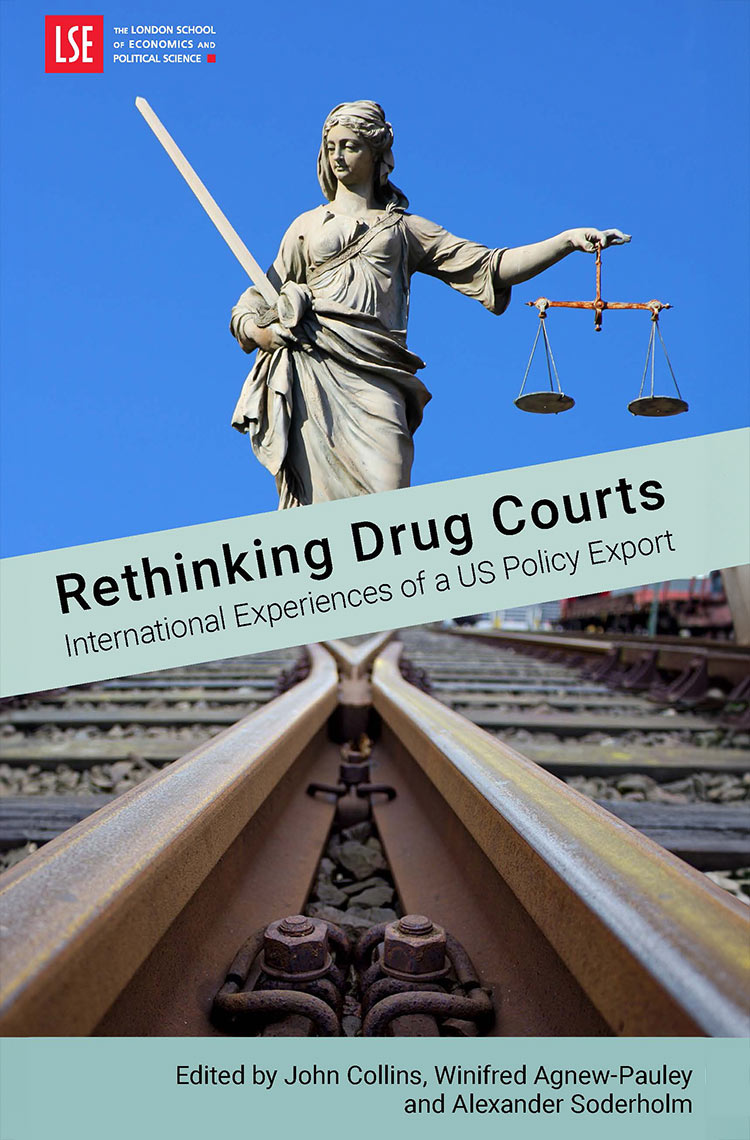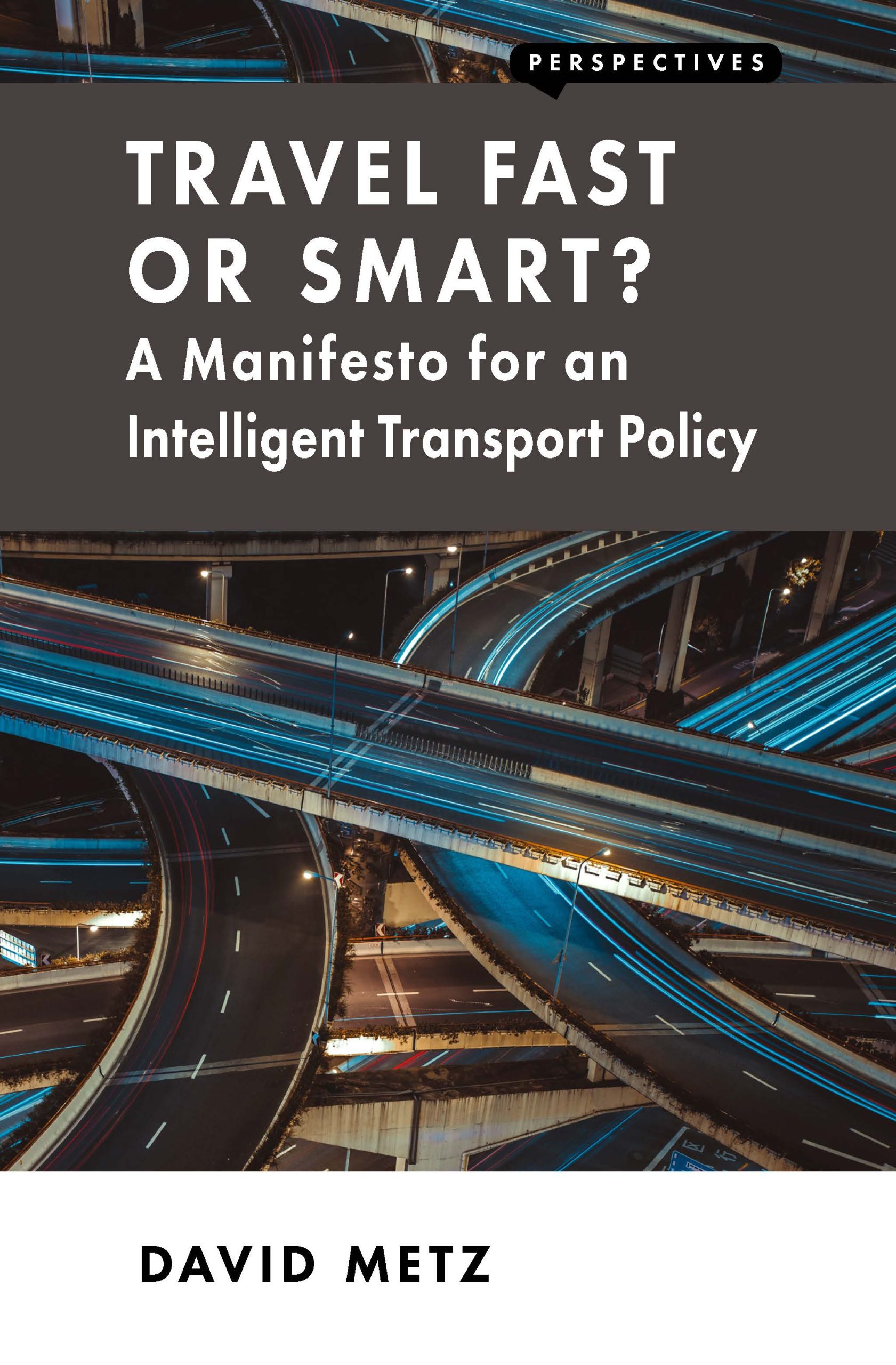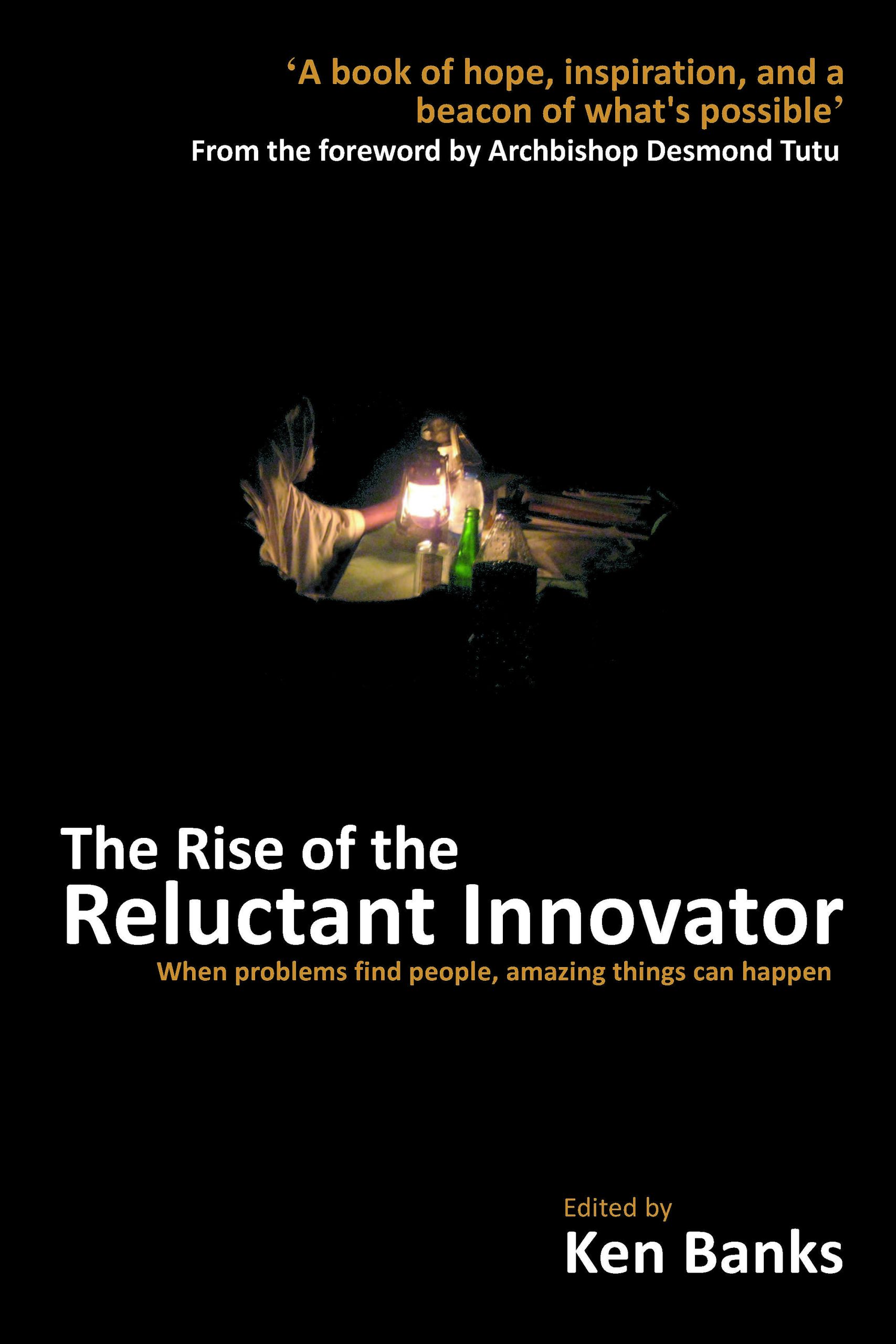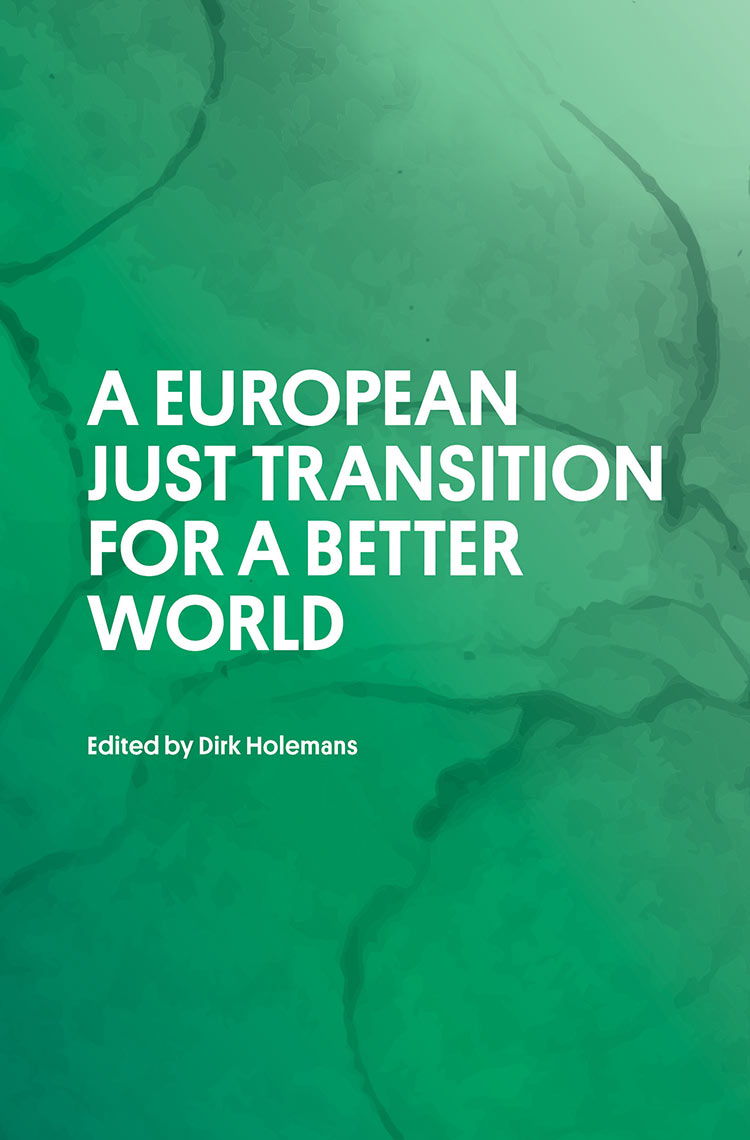What are drug courts? Do they work? Why are they so popular? Should countries be expanding them or rolling them back? These are some of the questions this volume attempts to answer.
Simultaneously popular and problematic, loved and loathed, drug courts have proven an enduring topic for discussion in international drug policy debates. Starting in Miami in the 1980s and being exported enthusiastically across the world, we now have a range of international case studies to re-examine their effectiveness.
Whereas traditional debates tended towards binaries like “do they work?”, this volume attempts to unpick their export and implementation, contextualising their efficacy. Instead of a simple yes or no answer, the book provides key insights into the operation of drug courts in various parts of the world. The case studies range from a relatively successful small-scale model in Australia, to the large and unwieldy business of drug courts in the US, to their failed scale-up in Brazil and the small and institutionally adrift models that have been tried in England, Scotland, Wales and Ireland.
The book concludes that although drug courts can be made to work in very specific niche contexts, the singular focus on them as being close to a “silver bullet” obscures the real issues that societies must address, including (but not limited to) a more comprehensive and full-spectrum focus on diverting drug-involved individuals away from the criminal justice system.
To order a single copy of the book to be delivered in advance of its publication in March 2019, choose the correct delivery option below (UK or rest-of-the-world) and click Buy Now. This will take you to PayPal to complete payment. Please note: the price given includes delivery.
If you want more than one copy, please email orders@londonpublishingpartnership.co.uk with details and we will get back to you about how to proceed.
What people are saying about the book
“Drug policies based on public health approaches are globally recognized as effective and cost-efficient for drug use management. Evidence-based and people-centered health interventions concerned with the rights to health and to benefit from scientific progress need to take precedence in dealing with people who use drugs. This book is an important resource in these debates, providing a critical reading of the evidence on drug courts, whilst fostering new analyses and evidence on service provision for people who use drugs.”
— Rt Hon Helen Clark is a former prime minister of New Zealand (1999–2008) and was the United Nations Development Programme Administrator between 2009 and 2017 and the chair of the United Nations Development Group; she is currently a commissioner with the Global Commission on Drug Policy
“Any criminal justice intervention must be evaluated in terms of its potential societal impacts and its human rights risks. Drug courts are often sold as an intervention promising striking and positive results, particularly in Latin America. Meanwhile, we know the evidence is more nuanced and equivocal, with significant potential downside risk in terms of human rights concerns and potential for abuses in contexts lacking sufficient oversight. This book is an important companion for any policy discussions on the implementation of drug courts globally.”
— Professor Diego García-Sayán is the UN Special Rapporteur on the Independence of Judges and Lawyers and was formerly the president of the Inter-American Court of Human Rights (2010–13)
“We know that the war on drugs has failed. The question is, what comes next? Too often drug courts are proposed as a one-size fits all solution, regardless of local circumstances and needs and essentially forgetting that prohibition is at the root of most of the problems caused by the consumption and illegal possession of psychotropic substances. This book represents a timely and thorough volume that asks important questions and provides key insights as jurisdictions examine new policy approaches.”
— Ernesto Zedillo is a former president of Mexico (1994–2000) and is currently the director of the Center for the Study of Globalization at Yale University





